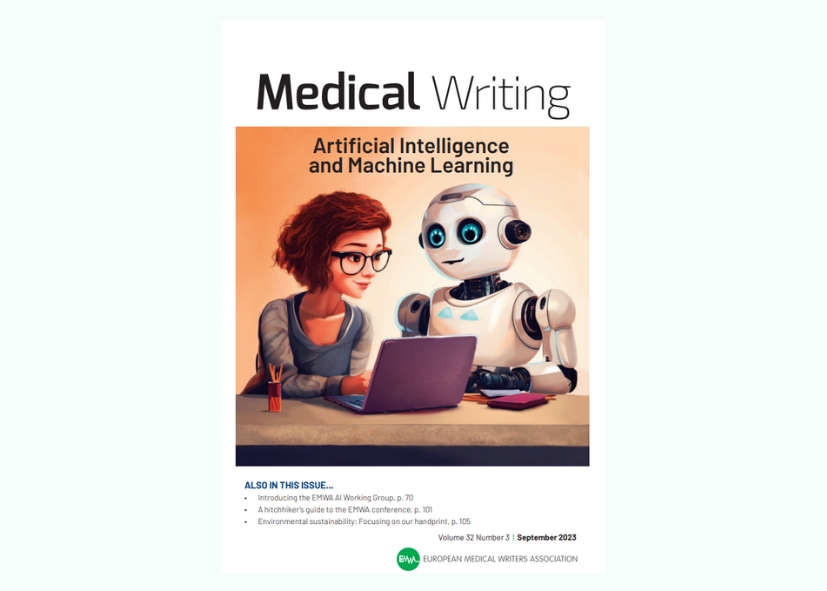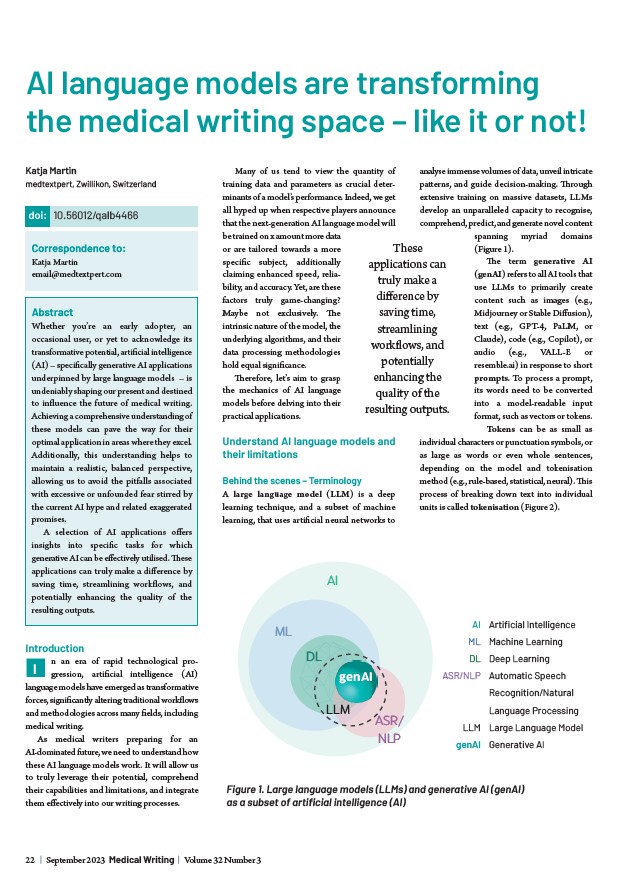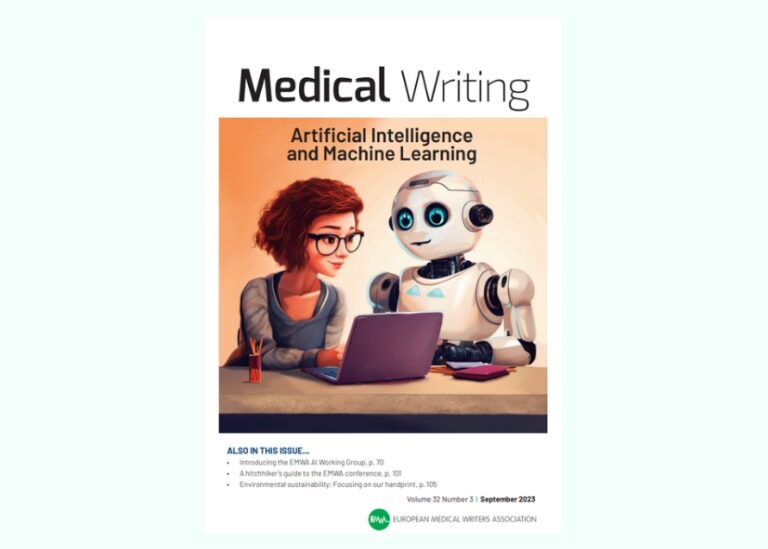AI language models and applications are poised to revolutionize the field of medical writing, transforming traditional workflows and methodologies.
To navigate this transformation, one needs an open mindset, curiosity, and a dedication to ongoing education. This education should encompass a foundational grasp of these models.
This feature article published in the September 2023 issue of the EMWA journal offers a straightforward yet memorable perspective on how text-generating AI applications function, highlighting their role as advanced word prediction engines.
The article underscores that the performance of these models is determined not just by the quantity and quality of their training data or parameters, but also by aspects like model characteristics (including transformer architecture, fine-tuning, and model combinations), tokenization methods, and human expertise, such as prompt engineering.
In the second part, it explores specific tools such as scite_, scispace or scholarcy that help medical writers optimize their workflows.
The article emphasizes that AI tools should be viewed not as replacements, but as potent collaborators in our writing endeavors. We should harness the potential of these AI tools to boost our productivity and elevate the qualityof our work instead of fighting them.
Crafting credible, evidence-based materials that are accurate, clear, and compelling still demands the expertise of a skilled medical writer. Therefore, future-proof yourself and let genAI amaze you!
Download the full article here.
For supplementary information on genAI for medical communications or prompt engineering head to our previous blog posts.
If you are interested in more information, please do not hesitate to reach out, we are here to help.





